On August 24, in Lang Son, the Ministry of Agriculture and Rural Development held a conference on "Strengthening state management of growing area codes and packaging facilities for export".
The conference aims to comprehensively assess the current status of growing area code management such as: code issuance, post-issuance inspection and supervision, maintenance of conditions of growing areas and packaging facilities, thereby pointing out the shortcomings and limitations that need to be overcome; discuss and propose solutions to address non-compliance with plant quarantine requirements, food safety and hygiene, and violations in code usage.
The conference was held in person and online, attracting about 300 guests from units under the Ministry of Agriculture and Rural Development , units under the Plant Protection Department, Departments of Agriculture and Rural Development, Sub-Departments of Cultivation and Plant Protection of 63 provinces and cities nationwide, related industry associations, representatives of growing areas, packaging facilities and exporting units.
Information at the Conference said that, to date, the whole country has had 6,883 codes for growing areas and 1,588 codes for agricultural product packaging facilities granted. These codes focus mainly on key export products such as mango, dragon fruit, longan, rice, durian. The markets of China, the United States, New Zealand and Australia are the markets with the largest number of codes for growing areas and packaging facilities. In particular, the Mekong Delta is still the leading region in terms of the number of codes for growing areas and packaging facilities.
In the current context, the attractiveness of Vietnamese agricultural products to many markets around the world is increasing. The requirement is to maintain and expand export markets, while enhancing the competitiveness of Vietnamese agricultural products in the international market. In addition to ensuring sufficient supply, the issue of product quality and hygiene is a key factor.
In fact, the recent non-compliance with regulations on plant quarantine and food safety of agricultural products of plant origin when exporting has caused great damage to businesses and affected the reputation of Vietnamese agricultural products.
According to Deputy Minister of Agriculture and Rural Development Hoang Trung, violations of plant quarantine and food safety have been on the rise recently. The root cause of the problem is that control at the source from the growing area and packaging facilities has not been given due attention, technical processes have not been strictly implemented according to the requirements of importing countries; localities have not paid due attention to monitoring after being granted codes.
In addition, there is still the phenomenon of incorrect use of codes; disputes over code ownership still occur in some places and have not been completely resolved.
The main causes of the problems can be attributed to the fact that the locality has not paid due attention to the management of codes for growing areas and packaging facilities; the business responsibility of a part of the people and businesses is not good; the production linkage has been initially formed but is not really sustainable and effective.
In addition, the trend of increasing protection of agricultural production has been applied in many countries in recent years, leading to countries raising technical barriers; regulations on import plant quarantine and food safety are becoming increasingly strict.
“Countries with advantages in agricultural exports such as Thailand and some South American countries… are also actively changing and improving their agricultural production systems to expand their market share to potential markets. These things are forcing us to change, otherwise we will fall behind and lose the market,” said Deputy Minister Hoang Trung.
In order to improve the effectiveness of management and supervision of codes for growing areas and agricultural product packaging facilities for export, the Conference proposed many solutions. In particular, the Ministry of Agriculture and Rural Development continued to negotiate to expand export markets and diversify market goods; support localities and enterprises to meet the code requirements of the markets.
Strengthen guidance and professional training for local officials on the regulations of importing countries; transform and diversify forms of propaganda and training in an accessible way for each specific subject. At the same time, invest in building and completing databases and software for managing growing areas and packaging facilities to connect with localities, growing areas and packaging facilities. Strengthen supervision and inspection of the issuance, management and use of growing area codes in localities; coordinate with ministries, branches and localities in inspection, examination and handling of violations.
In particular, for growing areas and packaging facilities, it is necessary to strictly comply with production processes and comply with the requirements of the importing country. Monitor, supervise and handle pests, especially pests that are of concern to the importing country.
For packaging facilities, it is necessary to develop and strictly implement a one-way, traceable packaging process. Invest in equipment to implement technical measures to meet the regulations of the importing country.
Enhance the competitiveness of growing areas and packing facilities through improving production and packaging processes, training high-quality human resources, and improving management, technical, and food safety and hygiene capacity. Develop quality control and compliance procedures, and conduct random inspections of shipments before they are sent to the packing house or before they leave the factory.
For Associations, strengthen propaganda and training to disseminate to members about codes and regulations of importing countries to raise awareness among members about the meaning and importance of complying with regulations on codes of growing areas and export packaging facilities. Support businesses in building raw material areas and packaging facilities that meet import standards.
For exporting enterprises, proactively learn and comply with technical regulations on codes of importing countries. Regularly visit the website http://sansangxuatkhau.ppd.gov.vn to update information and new regulations of importing countries; participate in training courses to raise awareness and understanding of requirements of importing countries,.../.
Source link















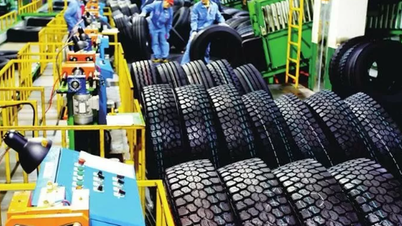






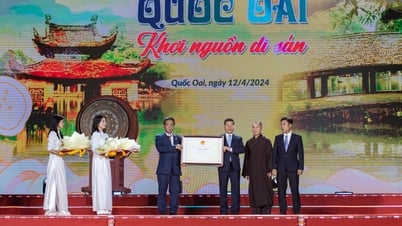

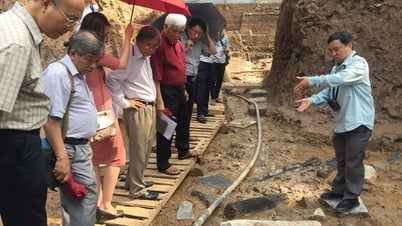








































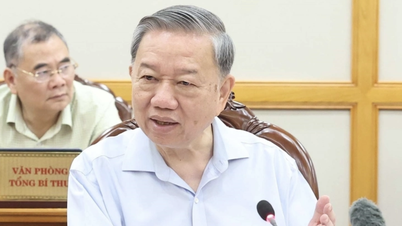




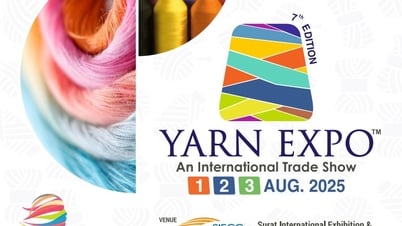




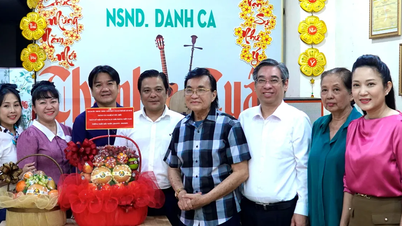
















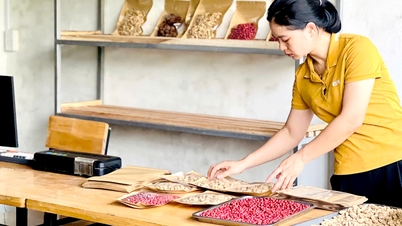









Comment (0)